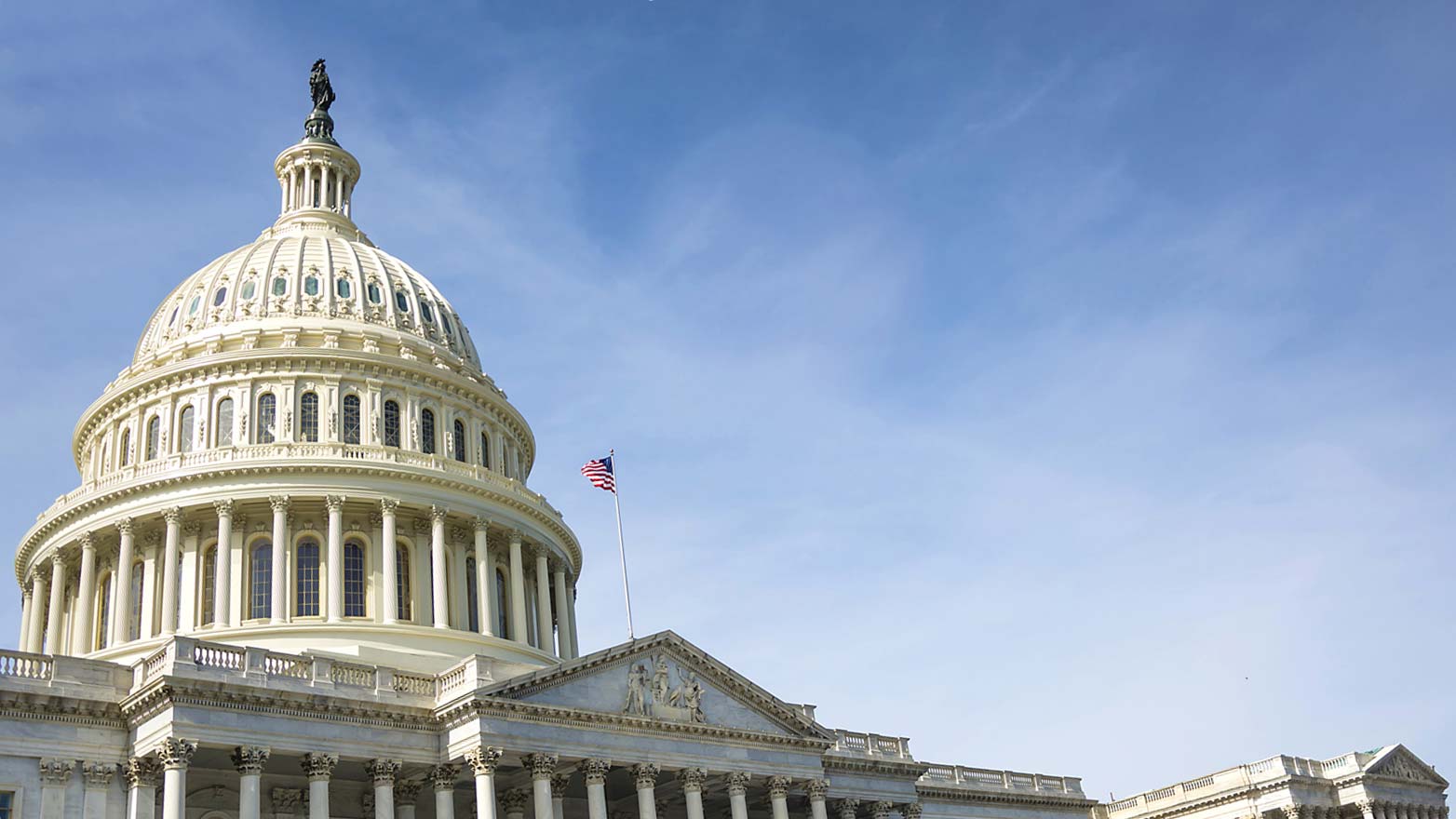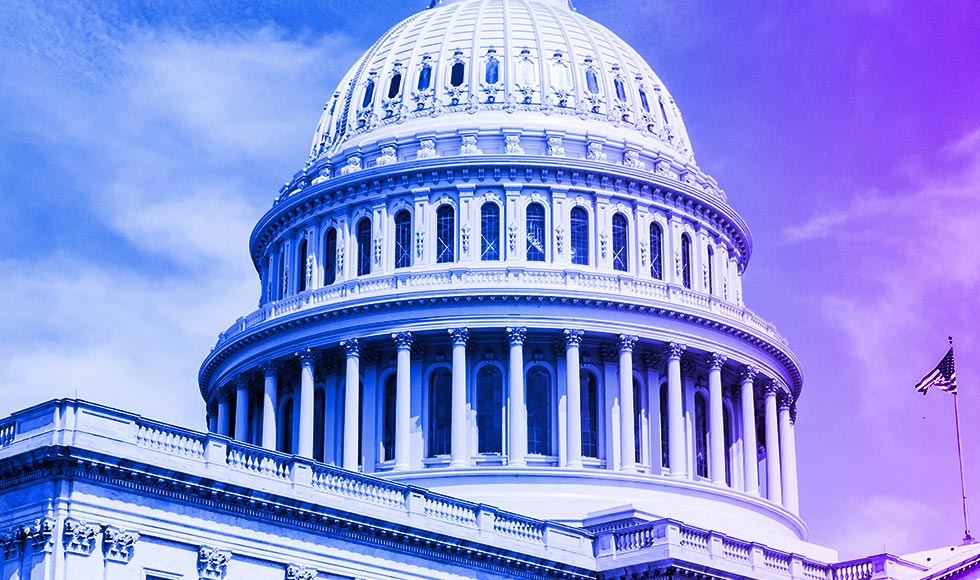June 2022
KPMG Insights. Much like the CFPB’s recent request for information on overdraft protection practices (see KPMG Regulatory Alert), the CFPB acknowledges that credit card penalty fees “disproportionately burden consumers in low income neighborhoods” and, based on its own report findings, looks to assess companies’ reliance on those fees as a significant source of income. These reviews/inquiries are part of the CFPB’s initiative to reduce “junk fees” charged by banks and financial companies (announced in January 2022). They are similarly part of a larger supervisory focus on consumer protection and fairness, that also includes practices related to account holds/freezes, fraud controls, credit decisions, and complaints management. All CFPB-supervised credit card issuers must anticipate heightened regulatory scrutiny of their credit card penalty policies and should consider re-evaluating their policies and practices, including the use of the regulatory safe harbor, in light of the CFPB’s areas of interest, as outlined in the ANPR. Notably, CFPB concedes that a small but increasing percentage of companies charge no late fees or offer products with increased flexibility for late payments.
CFPB Focus on Credit Card Penalty Fees
Report and ANPR on credit card late fees

Share
Dive into our thinking:
CFPB Focus on Credit Card Penalty Fees
Download PDFGet the latest from KPMG Regulatory Insights
KPMG Regulatory Insights is the thought leader hub for timely insight on risk and regulatory developments.
Explore more

Points of View
Insights and analyses of emerging regulatory issues and their impact.

Regulatory Alerts
Quick hitting summaries of specific regulatory developments and their impact.

Washington Report 360
A weekly newsletter covering legislative and regulatory developments affecting financial services firms—in 360 words or less.
Meet our team

Amy S. Matsuo
Principal, U.S. Regulatory Insights & Compliance Transformation Lead, KPMG LLP

Todd Semanco
Partner, Advisory, FS Regulatory & Compliance Risk, KPMG US

Michael Lamberth
Partner, Advisory, FS Regulatory & Compliance Risk, KPMG US
